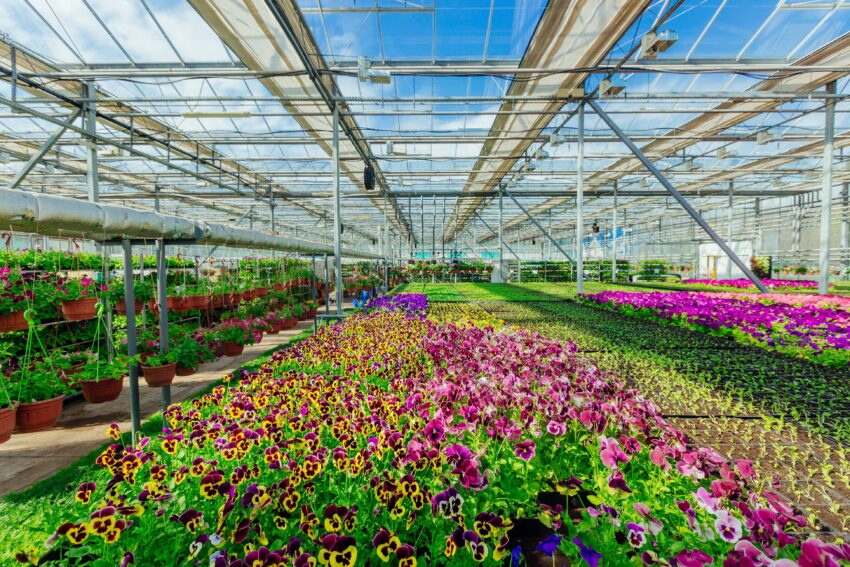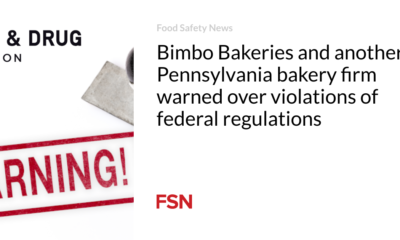Business
Post-Brexit border delays threaten the UK and European horticultural trade, industry leaders have warned

Nurseries and garden centers across Britain and Europe are sounding the alarm about the inefficiency of new post-Brexit border crossings, which are causing delays, damage and significant extra costs for plant importers.
The Horticultural Trade Association (HTA), which represents 1,400 UK garden retailers and growers, has written an open letter with several European trade bodies urging immediate action to tackle these issues. They warn that the new border system, which was introduced in April, will add more than 25% to import costs.
The HTA reports that these checks have caused significant delays in deliveries at the border, sometimes lasting up to 44 hours. These delays not only increase the risk of pests and plant diseases entering Britain, but also result in significant financial burdens. For example, one transport company recorded 93 hours of waiting time for drivers in the first week of the new controls, netting an extra £38,000 in wages. This company expects a £1.5 million increase in logistics costs over the next year, an increase of 25%.
The new rules require specific plant and animal products entering the UK from the EU to be inspected at border posts near UK ports. Previously, checks upon arrival at nurseries were carried out randomly. The inefficiency of the current system is highlighted by a recent incident where three trailers of plants were held for 44 hours due to a software glitch, causing most plants to wither and be rejected by the end customer.
Signatories of the letter include the International Flower Trade Association, which represents 80% of the global trade value of flowers and potted plants, and the VGB, the Dutch association of floriculture wholesalers. They highlight that the cost of border inspections is making the trade unviable for many small businesses, with some suppliers having to pay an extra £1,740 for mixed loads of plants.
The post-Brexit regulations categorize plants for planting as high-risk and subject them to stricter controls than medium-risk products such as meat and dairy. Importers claim that border posts are inadequately equipped to handle large volumes of plant imports, leading to further delays and higher costs.
Previously, plants were kept under controlled conditions at nurseries and farms before being inspected by government officials. Now inspections are carried out almost exclusively at border posts. The government claims that these measures increase biosecurity by preventing harmful diseases from entering the country. However, the letter raises concerns about the quality of inspections, suggesting that some checks are superficial and that there is insufficient communication of inspection results to end customers.
One example cited concerns a shipment of fifty mature olive trees, known hosts of the bacterial disease Xylella fastidiosa, where checks were stopped due to problems during unloading. The customer did not receive information about the status of the inspection, raising biosafety concerns.
The government has responded by stating that it is working with traders to ensure efficient and speedy completion of checks and has published guidance to help businesses reduce delays. It ensures that inspections are carried out by fully trained staff according to standard operating procedures.
Other signatories of the letter include the European Tree Nursery Association, Koninklijke Anthos (Dutch Association for Tree Nursery Products and Flower Bulbs), VBN (Association of Dutch Flower Auctions) and Transport and Logistiek Nederland (Association Transport & Logistiek).







